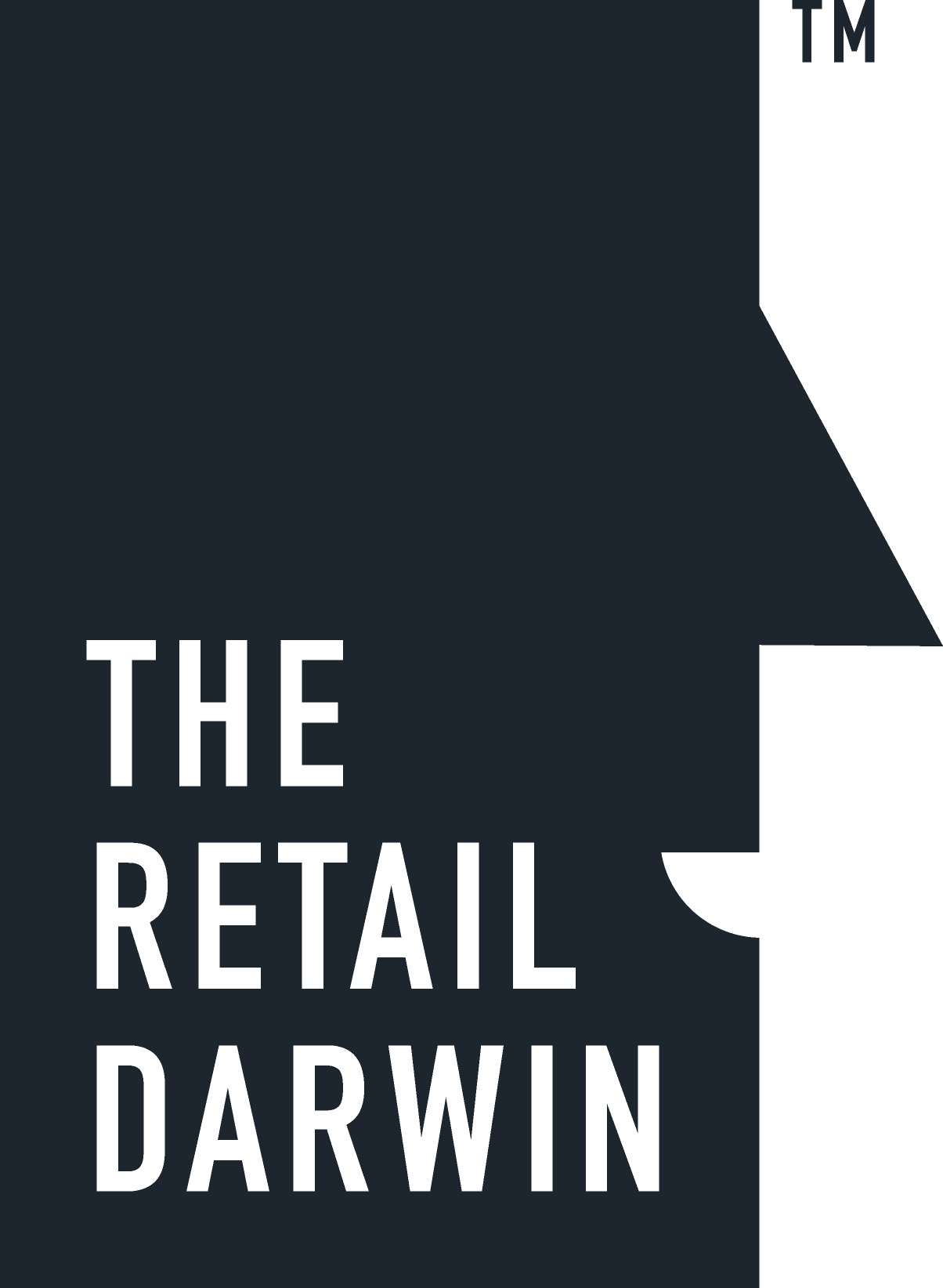Think Blockchain.
Slowly but surely the retail industry is adopting blockchain.
Bitcoin, blockchain, cryptocurrencies, the developments around the technology are proceeding at a breath-taking pace. For retailers thinking they’d wait until later to start paying attention, later has arrived.
Crypotocurrencies like Bitcoin, Ethereum, and Litecoin are not associated with any central institution. All transactions are permanently recorded in blockchain, a widely distributed public list, and every participating computer has a copy of it. As a distributed ledger, Blockchain makes it possible to record every touchpoint in a product’s lifespan as it moves through the supply chain, making it very hard to counterfeit, pass off fake products, or mislabel originality and authenticity. Blockchain is also being proposed to enable “Smart Contracts”, the terms of which update automatically over time, recording all of the actions taken in regard to the contract.
For retailers all this will mean less paperwork, more digital exchanges of information, and smoother transactions across borders and across multiple parties. A company called Provenance, for example, has developed a blockchain project that tracks fish supplies from sea to plate, documenting where, when, and how the fish were caught and transported. This ensures that any claims of a fish being organic and socially responsible can be verified – essential for an increasingly discerning buying public.
Also explore: PonziCoin (A Smart Contract enabled joke that got taken seriously)
Sources: Medium @tessr Making Money | Forbes (Retail, August 9, 2017) | Provenance (Case Study: Track Tuna on the Blockchain | Image: Laura Pittaccio


